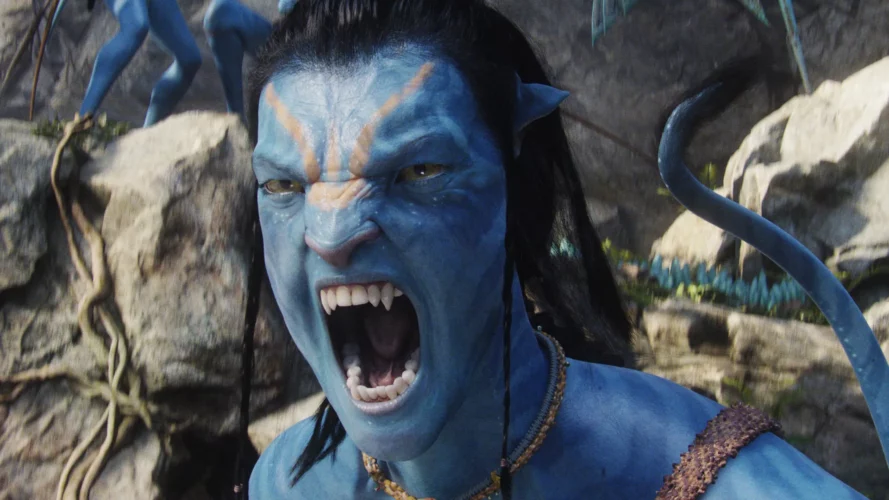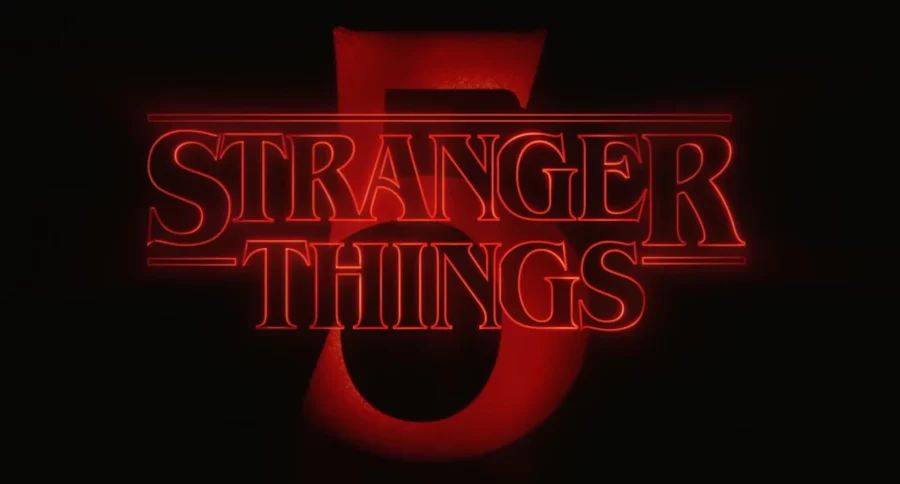Disney is facing a lawsuit from movie financier TSG Entertainment, known for backing major films such as Avatar: The Way of Water, Deadpool, and The Martian.
The lawsuit alleges that Disney prioritized its Disney+ and Hulu streaming services over traditional distribution methods, resulting in the withholding of “hundreds of millions of dollars” in profits from TSG.
TSG claims that Disney induced 20th Century Fox, which it owns, to renegotiate distribution deals, moving films directly to streaming platforms like Disney+ instead of following the conventional model with specific windows for pay-per-view, DVD and Blu-Ray sales, and pay TV. This shift eliminated potential revenue streams that could benefit TSG and other investors.
Furthermore, TSG argues that the decision to place Fox’s films on Disney+ rather than licensing them to an external service like HBO amounted to “self-dealing,” resulting in reduced income.

The lawsuit highlights the ongoing impact of changes to the traditional model brought about by the pandemic, with more films arriving on streaming platforms faster, affecting investors and talent who relied on the previous distribution approach.
The lawsuit portrays the situation as an example of Hollywood Accounting, with Disney and Fox accused of attempting to deprive TSG of significant funds.
The controversy of Disney extends to blockbuster hit Avatar: The Way of Water, which earned $2.32 billion globally upon its theatrical release last year. TSG argues that the film’s potential revenue was curtailed by the shift to streaming platforms, asserting that a deal with HBO would have been more financially beneficial.
This legal action follows previous disputes, such as Scarlett Johansson’s lawsuit against Disney in 2021 over the simultaneous release of Black Widow on Disney+ and in theaters.
As the streaming landscape continues to evolve, this lawsuit raises questions about the financial implications for investors and industry professionals amid changing distribution models.




